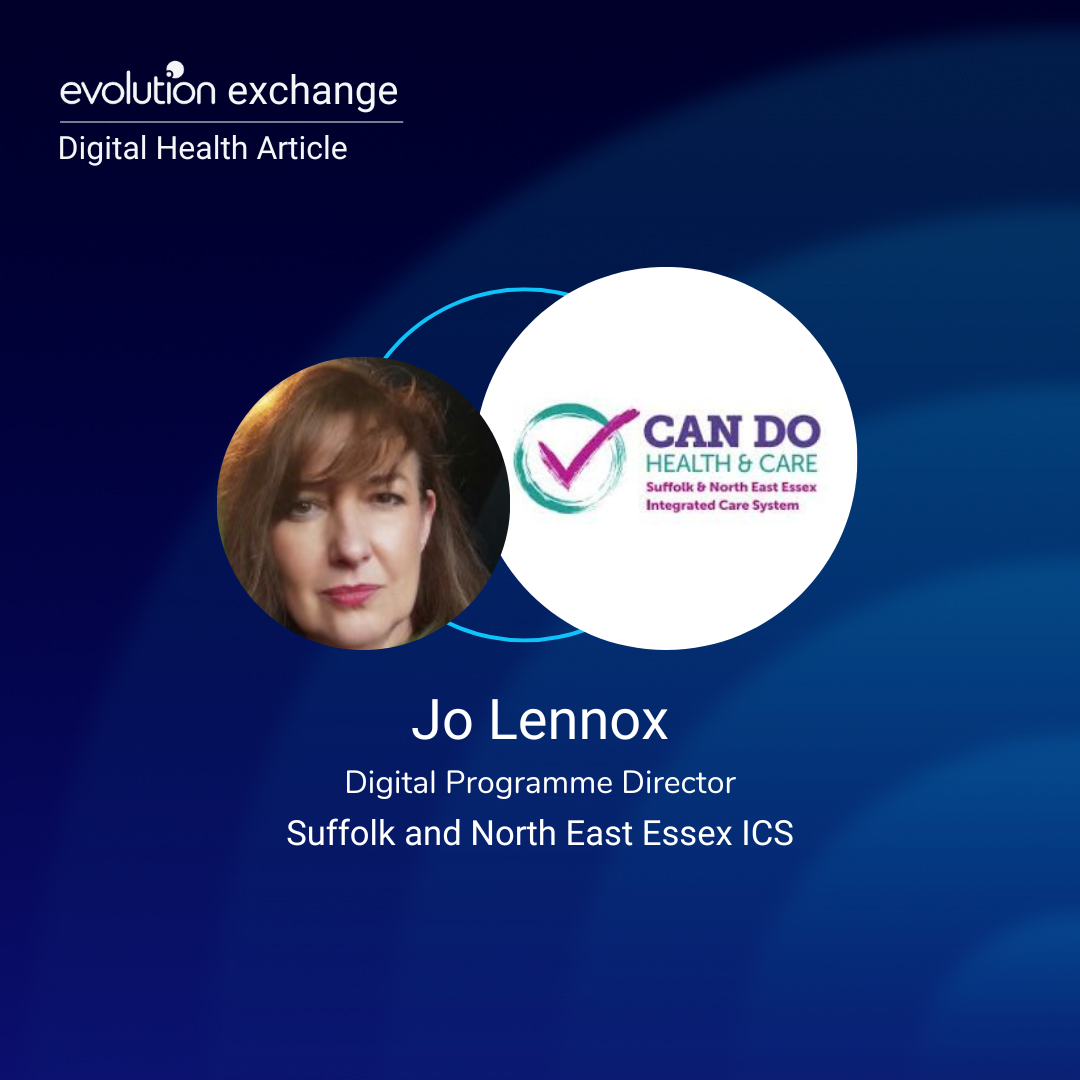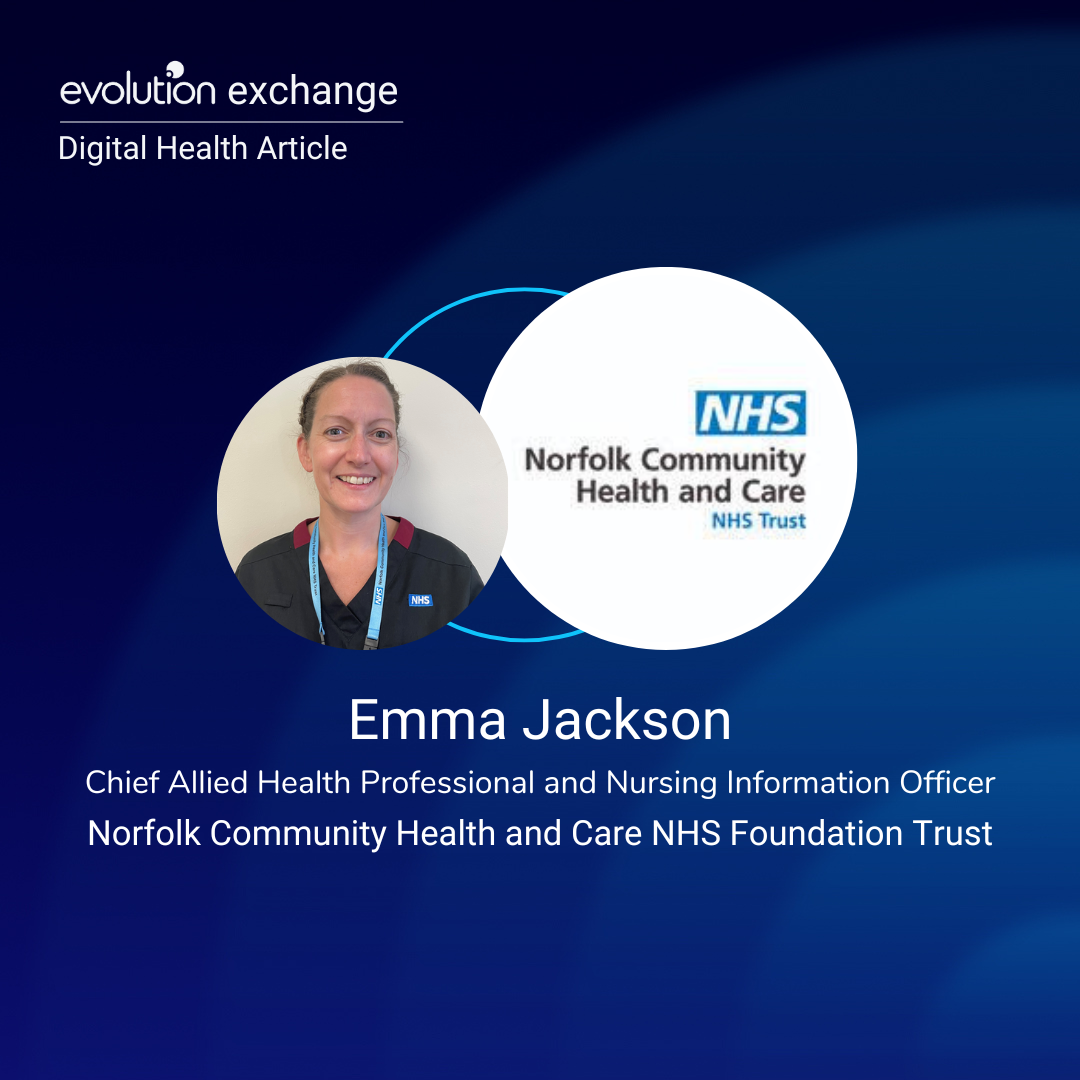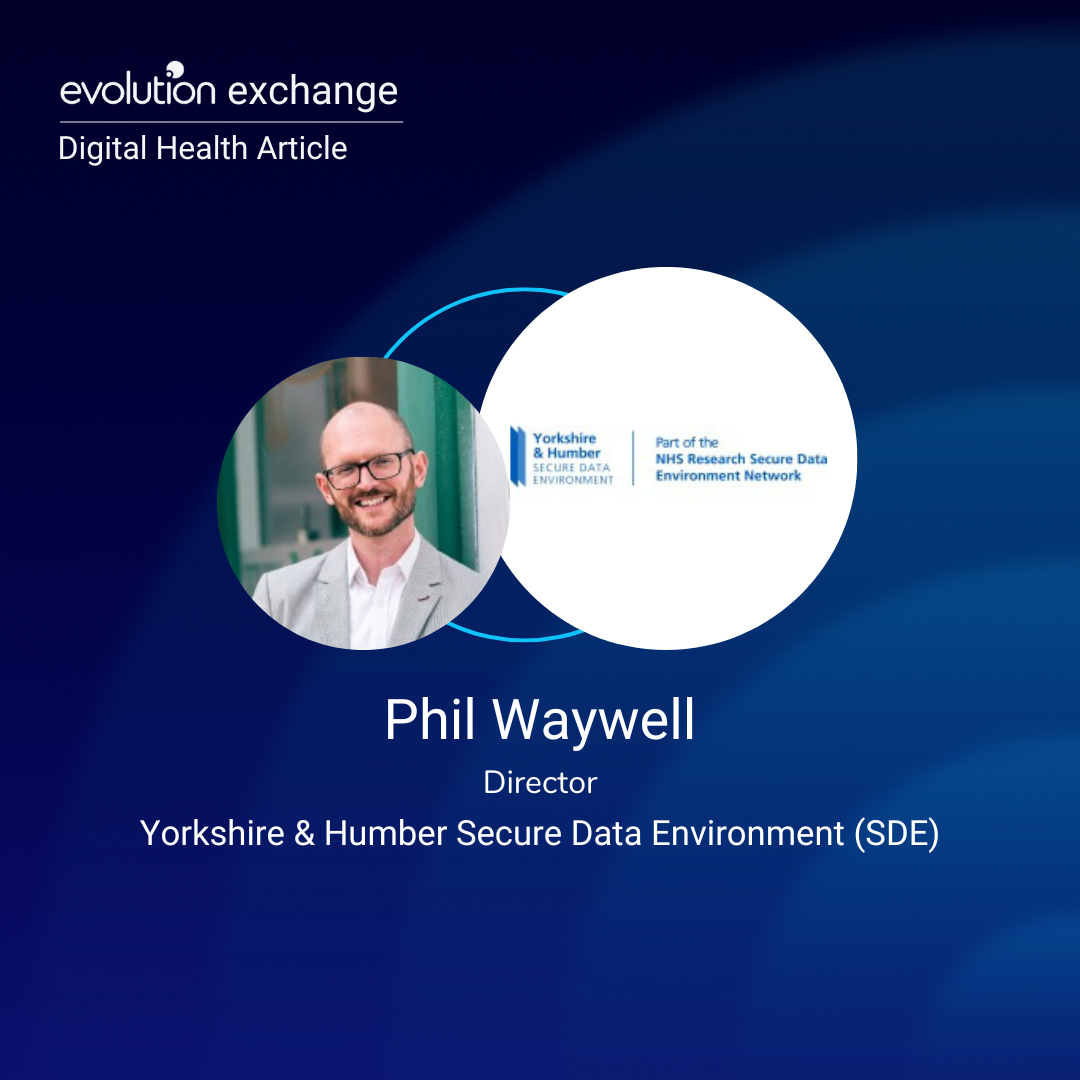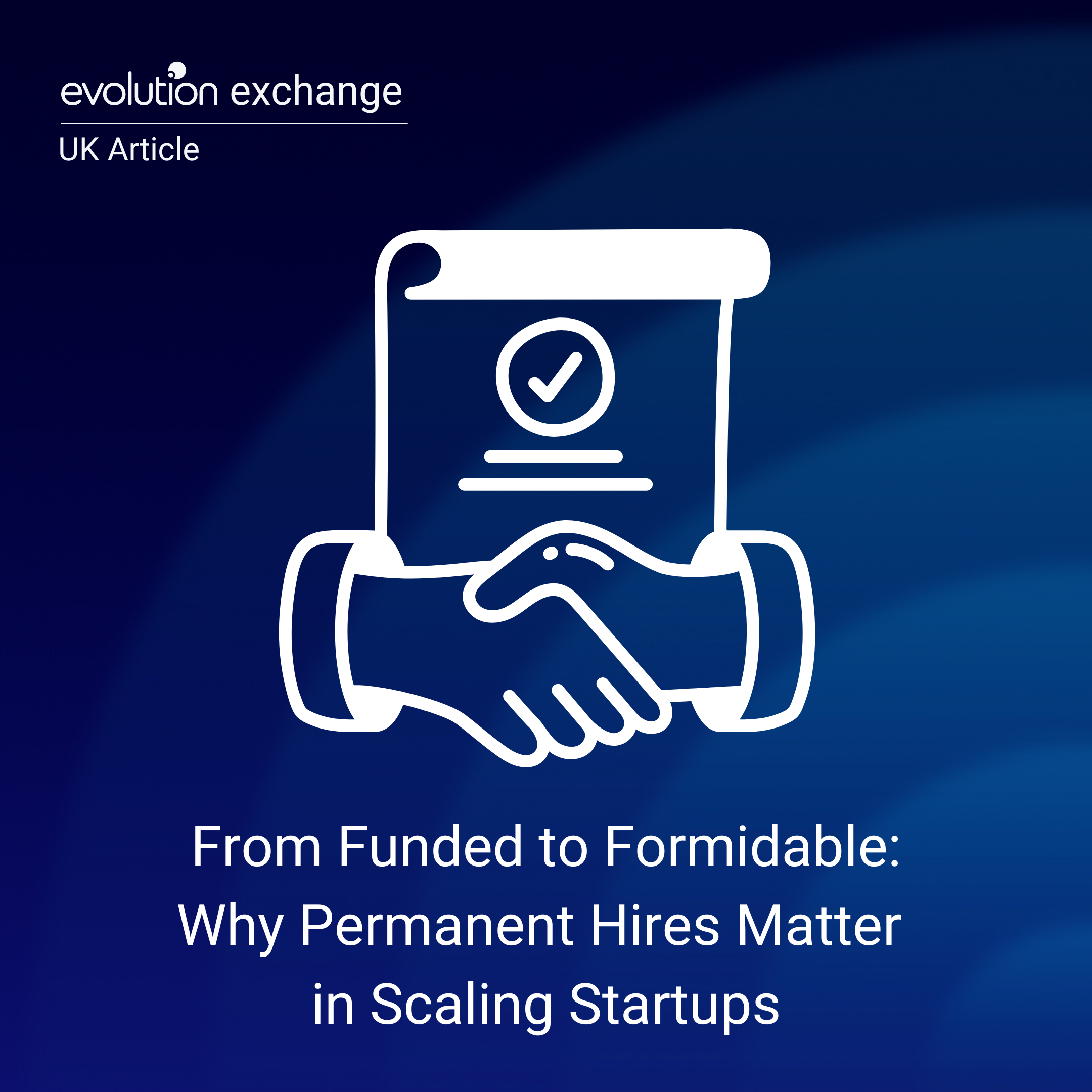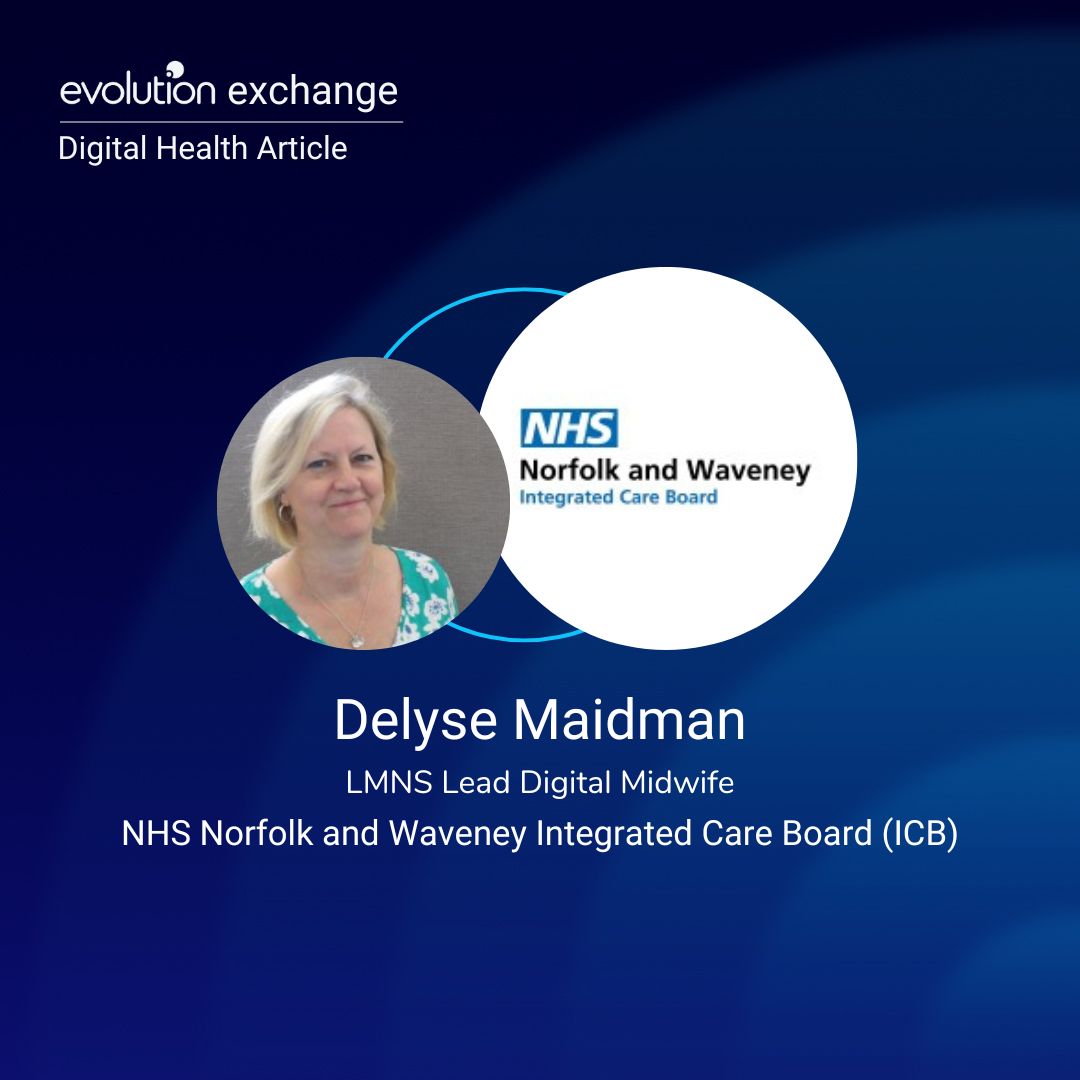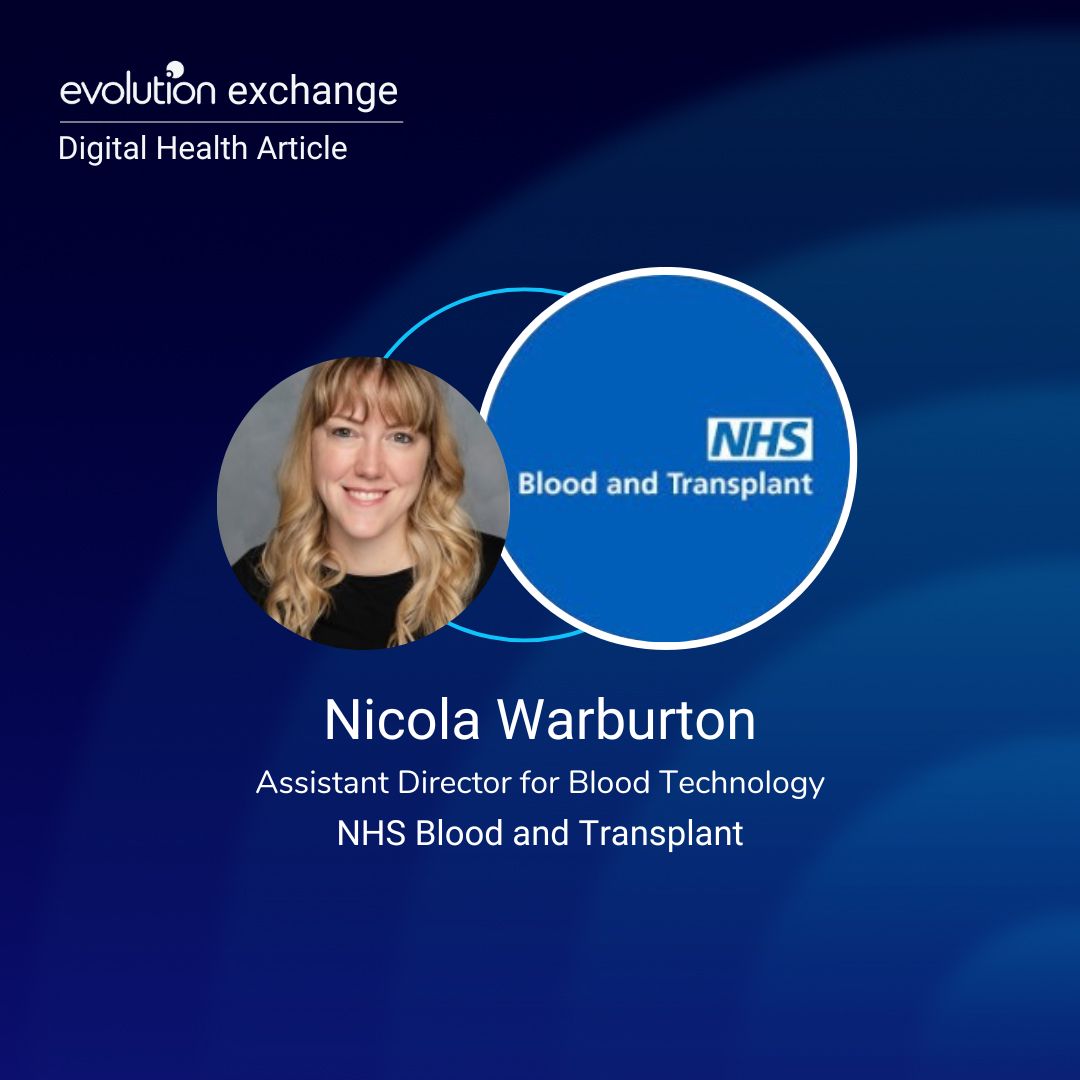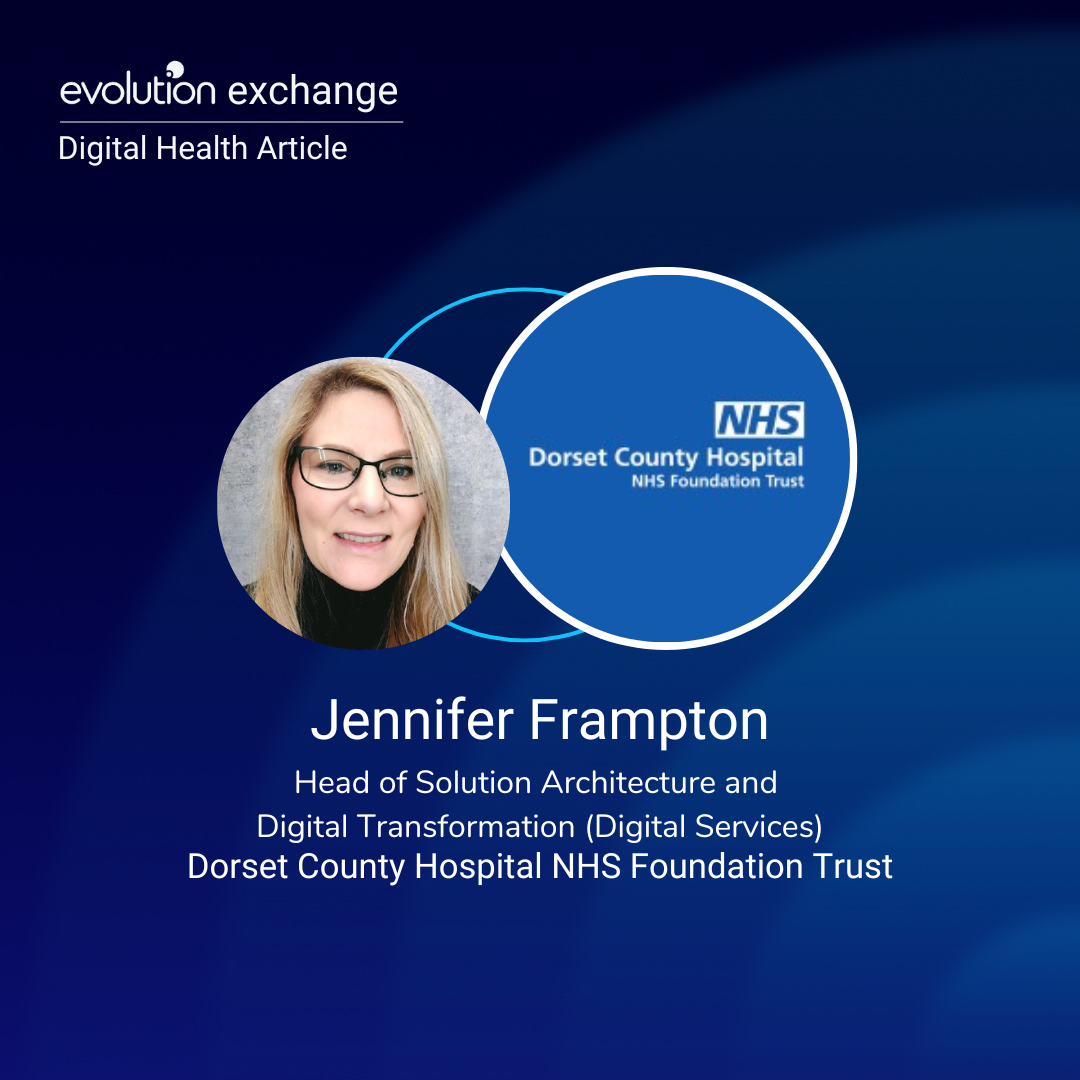From Procurement Pioneer to Digital Leader
Jo Lennox’s journey to becoming the Suffolk and North East Essex ICS Digital Programme Director is anything but conventional. Her career began in the Ministry of Defence buying Tornado engines and then progressed to NHS procurement, where she achieved remarkable success by creating the first-ever national contract for medical locums. “In its first year [it] saved 40 million pounds for the NHS,” she recalls. “That’s how much that market needed to be shaped and structured.”
The scale of the problem was staggering. “Calling in sick at the employing trust in favour of securing a shift as a locum at a trust down the road at triple the rate was not uncommon back then,” Jo explains. Her solution required unprecedented collaboration across the NHS, demanding that medical staffing officers nationwide commit to the new national framework contract despite intense pressure to break ranks.
Following a period of self-employment whilst raising her children, Jo transitioned into education, teaching business management to undergraduates and MBA students. She later returned to the NHS as a GP practice partner before stumbling into digital leadership through what was supposed to be a three-month contract in January 2020. Then came the pandemic: “in the March, we were told we were going to be in lockdown for covid. And the rest is history.”
The Non-Technical Technical Leader
When asked whether technical expertise is essential for digital leadership, Jo is emphatic: “No, I do not.” Instead, she advocates for understanding the broader landscape. “You need to understand the wider landscape of any role that you’re working in whether you’re qualified in that specific field or not; what are the challenges, the questions you need to ask, the levers being used and the politics?.”
Her approach centres on what she calls “the three points of the triangle” – clinical, operational and digital perspectives. “It’s about creating an alignment on those three points of that triangle especially where you’ve got large scale digital investments,” she explains. “What should be at the centre of that triangle is your strategic aims, your goal and your vision for effective person-centred health and care.”
This philosophy has led to the creation of a digital advisory group that reviews all technology procurements before purchase. “We’ve got to look and see whether or not these three points of the triangle are aligned,” she says. The group isn’t about blocking innovation but ensuring pragmatic decision-making with the public purse.
Essential Leadership Skills in a Sea of Change
Jo identifies two crucial skills that define her daily leadership approach: “strategic stakeholder engagement” and “critical strategic thinking.” But her definition of engagement goes deeper than typical consultation. “To me real engagement is just as much, if not more, about listening than it is about talking” and she emphasises the importance of listening for what isn’t being said just as much as what is being articulated and encouraging those she manages to do the same.
Jo’s own method involves deliberately shifting perspectives: “I consider it, examine and reflect, and then set it aside. When I return to it the following day, I no longer view it solely through my own perspective [as Jo Lennox] but instead through the lens of others and try to be informed by a shared understanding”
Operating in the NHS requires navigating constant uncertainty. “Nothing is ever constant. You know, we operate in a sea of change where we are not anchored by certainty but by clarity of purpose,” she observes. “Sure, this carries disruption and turbulence but with it, the opportunity to reshape and re-orientate, where collaboration becomes our system-wide compass to align strategically”
Overcoming Imposter Syndrome
Jo laughs when asked about imposter syndrome: “Absolutely. Especially doing this job.” Her non-digital background initially made her feel out of place in technical meetings. “I would sit there and I would think well, I don’t know, I haven’t got a clue what you’re talking about… out of the 50 words you’ve just said, I understand 20 of them.”
Her breakthrough came through reframing the question: “Have I earned my place?” The answer was unequivocally yes. “I can do that [strategic thinking and bringing people together] probably better than any of you in this room.”
Her team reinforced this perspective, telling her: “It’s great that you’re not digital because you’re bringing that fresh pair of eyes and you ask all the questions either nobody wants to ask because they’re awkward… or they are blind to those questions because they’ve been sunk into it for too long.”
Jo advocates for conscious choice in managing imposter syndrome: “You choose to feel that, you choose to feel inferior… throughout my career, I have learned that I have the power to choose how I’m interacting and how I’m feeling about that.”
The Gender Dimension
While discussing career challenges, Jo highlights a crucial gender disparity in talent acquisition for roles across digital and technology and wonders whether there is both a conscious and unconscious bias in the application process that then perpetuates and shapes hiring, promotion and leadership development that may stem from stereotypical views around technical competence and leadership style
However, she believes imposter syndrome affects both genders: “I really believe that men and women experience imposter syndrome alike. I just think women are more open and honest about saying yes to the question and have learned the essential skill of being open enough to ask others for help and, moreover, have the grace to accept it.”
Building Networks and Finding Support
Digital leadership can be isolating. “Most people will say I don’t know what you do Jo… you work and operate in a world that’s fast moving quite complex, interchangeable with many different and moving parts.”
In the East of England, a network of ICB digital leaders is established who meet twice a week. ” These are my counterparts and equivalents and we share the same purpose, challenges and struggles. They are what I lean into… I feel absolutely no hesitation to say help. I’m struggling.”
The support has been unwavering: “Not one of them has ever made me feel that I should know the answer simply because of the position I hold. Instead, I have encountered patience, generosity and a shared respect for the turbulent path we all tread”.
The Power of Human Connection
Perhaps the most powerful influence on Jo’s leadership style came from a chief executive who demonstrated the transformative power of personal connection. Within one week of joining a 300-person organisation, “he knew all the names of the 300 staff… he knew something about them and expressed genuine interest.”
The impact was immediate and profound: ” By the end of the week, he had everybody in that organisation pulling the sleigh in his direction.” This experience taught her a fundamental lesson: “It doesn’t matter what you are doing or the level you have reached. It is always about the people and looking after each other and we should never ever forget that.”
Leading Through Uncertainty
As the NHS faces another restructuring period, Jo demonstrates the resilience that has defined her career. Rather than viewing uncertainty as a threat, she sees opportunity: “As soon as you stop thinking of that as a negative and start seeing it as an opportunity, it is empowering… ask the question, ‘what opportunity does this bring me’ and ‘how does this alter my course to do something better’?”
Her confidence stems from understanding that digital transformation is inevitable: “None of what’s in the NHS 10 year plan… can possibly happen if we work on existing models of health and care and the thing that will drive that change is digital and re-imagining how we deliver health and care in a truly transformative way. So, who’s going to do it?”
Jo Lennox’s leadership journey is shaped not only by the breadth of experience, but by an unwavering commitment of compassionate management and leadership. Her approach is marked by empathy, curiosity, and the humility to admit what she doesn’t yet know—turning vulnerability into strength and questions into catalysts. In a landscape often driven by systems and tech, Jo reminds us that transformation begins with connection. That behind every platform is a person, and real progress happens when we centre both. Her story is not just about leading digital change—it’s about honouring all people at the heart of it.










